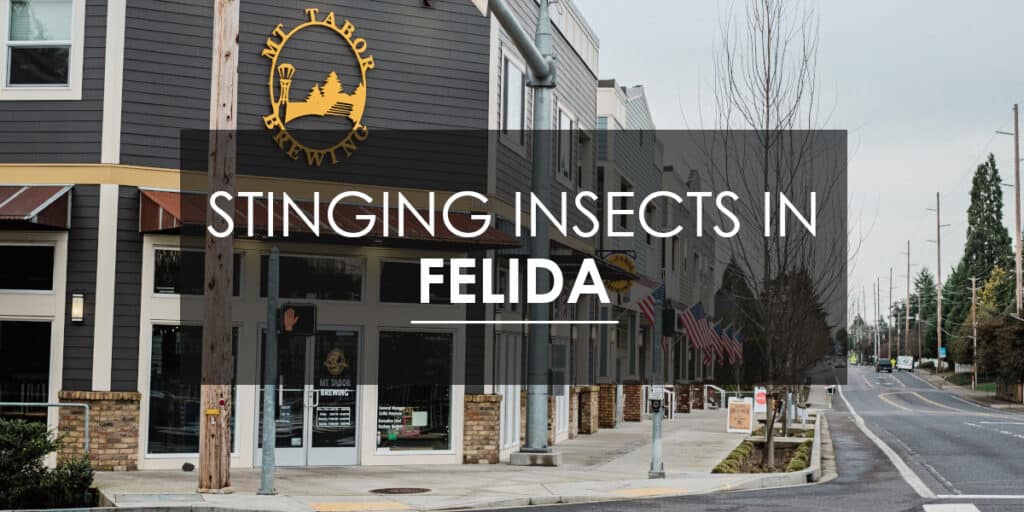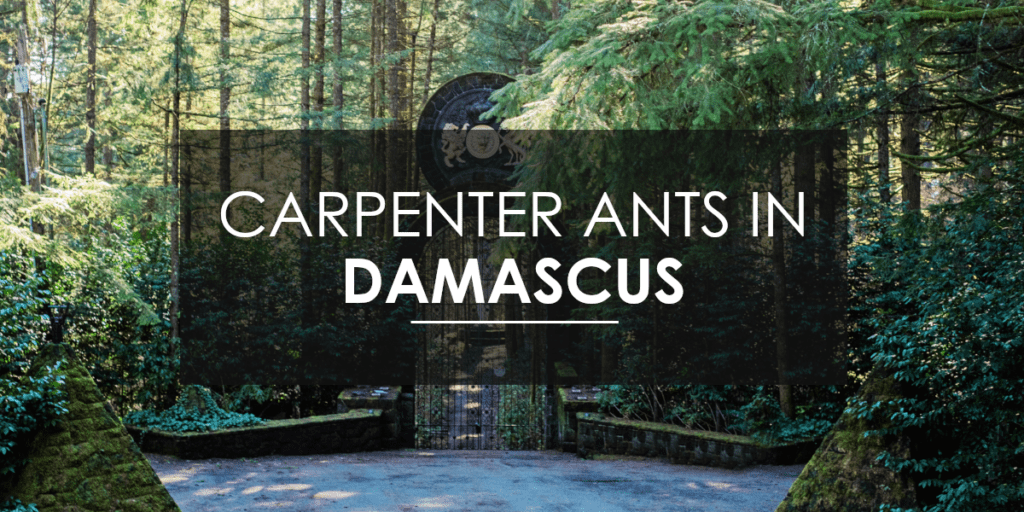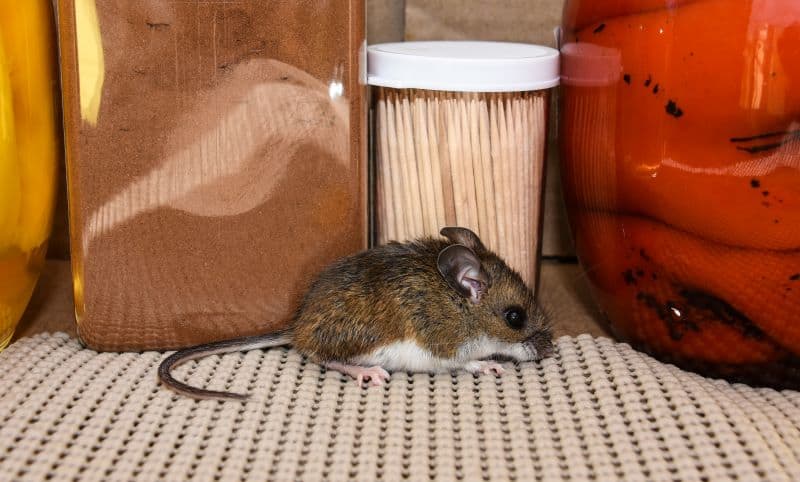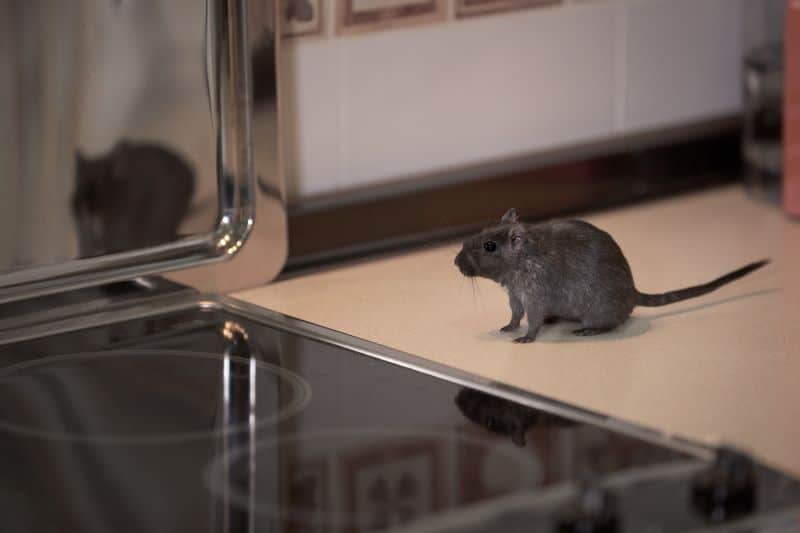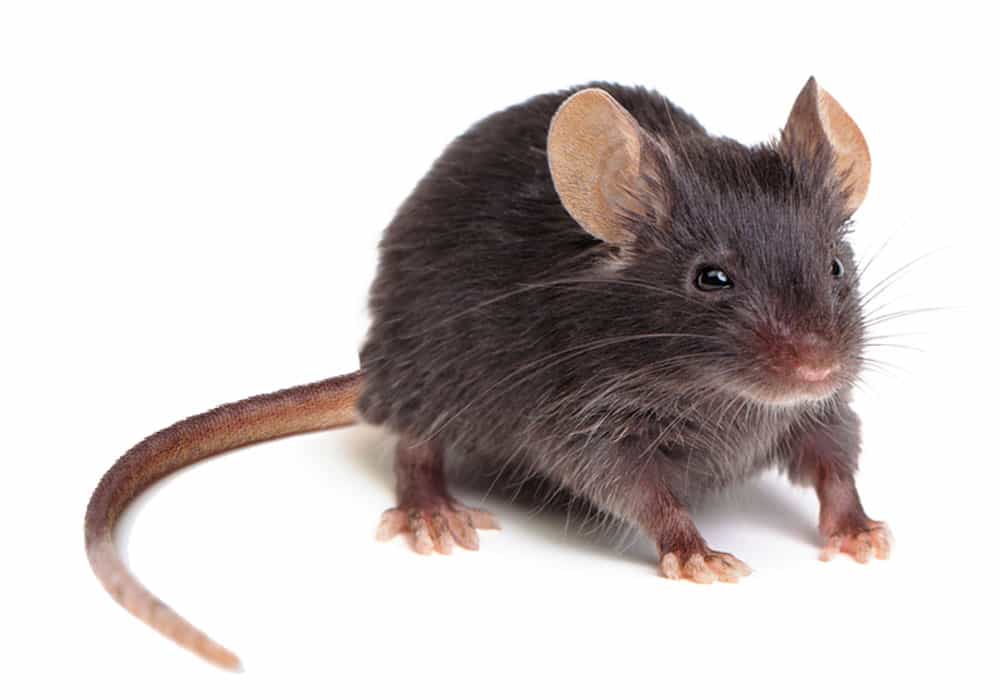Avoid Most DIY Traps
Over-the-counter traps, like Terro, can seem helpful. But often, ants just die in the trap without carrying bait back to the nest. That means the colony keeps going.
What Is The Best Ant Bait For Sugar Ants?
If you’re serious about solving a sugar ant invasion, consider the best ant baits and products for effective control early on in your strategy. These help ensure that you are not just killing visible ants but targeting the colony, too.
Professional Picks: Advion and Niban
We use Advion ant gel indoors and Niban (a boric acid-based bait) outdoors. These products are more targeted and far more effective at wiping out colonies. Combined with Alpine WSG foundation sprays, they form a complete solution.
Placement Tips for Maximum Effectiveness
- Indoors: Place baits near ant trails, under sinks, and behind appliances.
- Outdoors: Place baits near ant mounds, along ant trails, and around the perimeter of your home.
- Avoid: Placing baits near food sources or areas accessible to pets and children.
Additional Considerations
- Safety: Always read and follow label instructions.
- Effectiveness: Monitor bait stations and replace them as needed.
- Prevention: Seal entry points and maintain cleanliness to prevent future infestations.
For more information on recognizing the signs of an ant infestation, check out our guide on Signs of Ant Infestation.
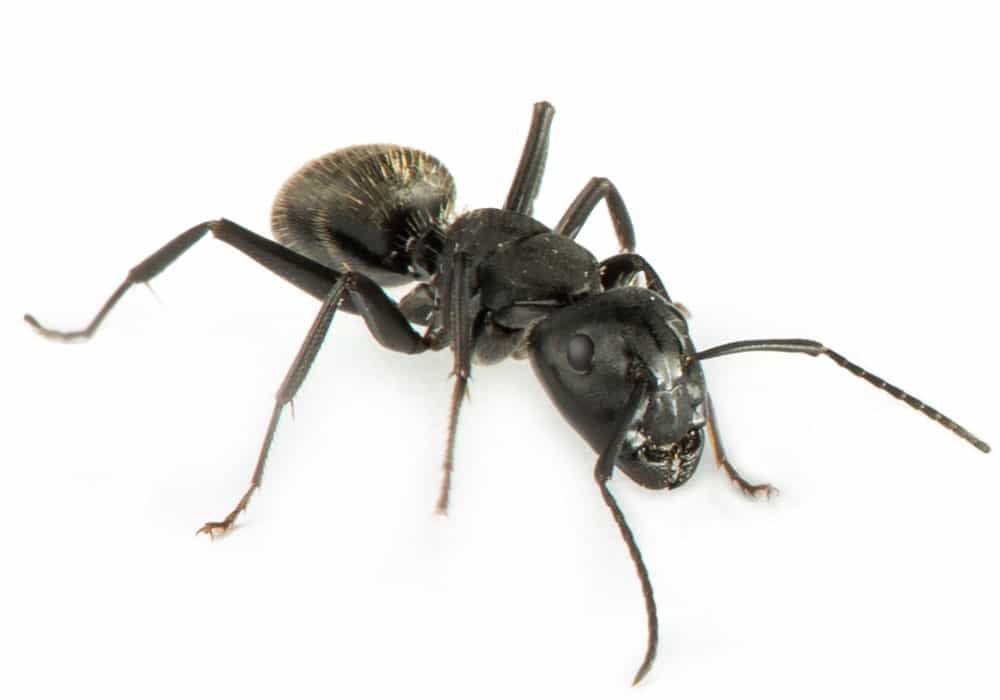
Sugar Ant Description
Size
The sugar ant is very small—measuring about 2.4-3.3mm long. They are typically about as small as a pencil eraser. Although they are small, they quickly become noticeable as they swarm around food or stream through your home in a line.
Color
Sugar ants are typically black in color.
Smell
This might sound strange, but when crushed, sugar ants release an unpleasant, coconut-smelling odor. Sugar ants have a gland that releases this smell and it’s why they are called the odorous house ant.


